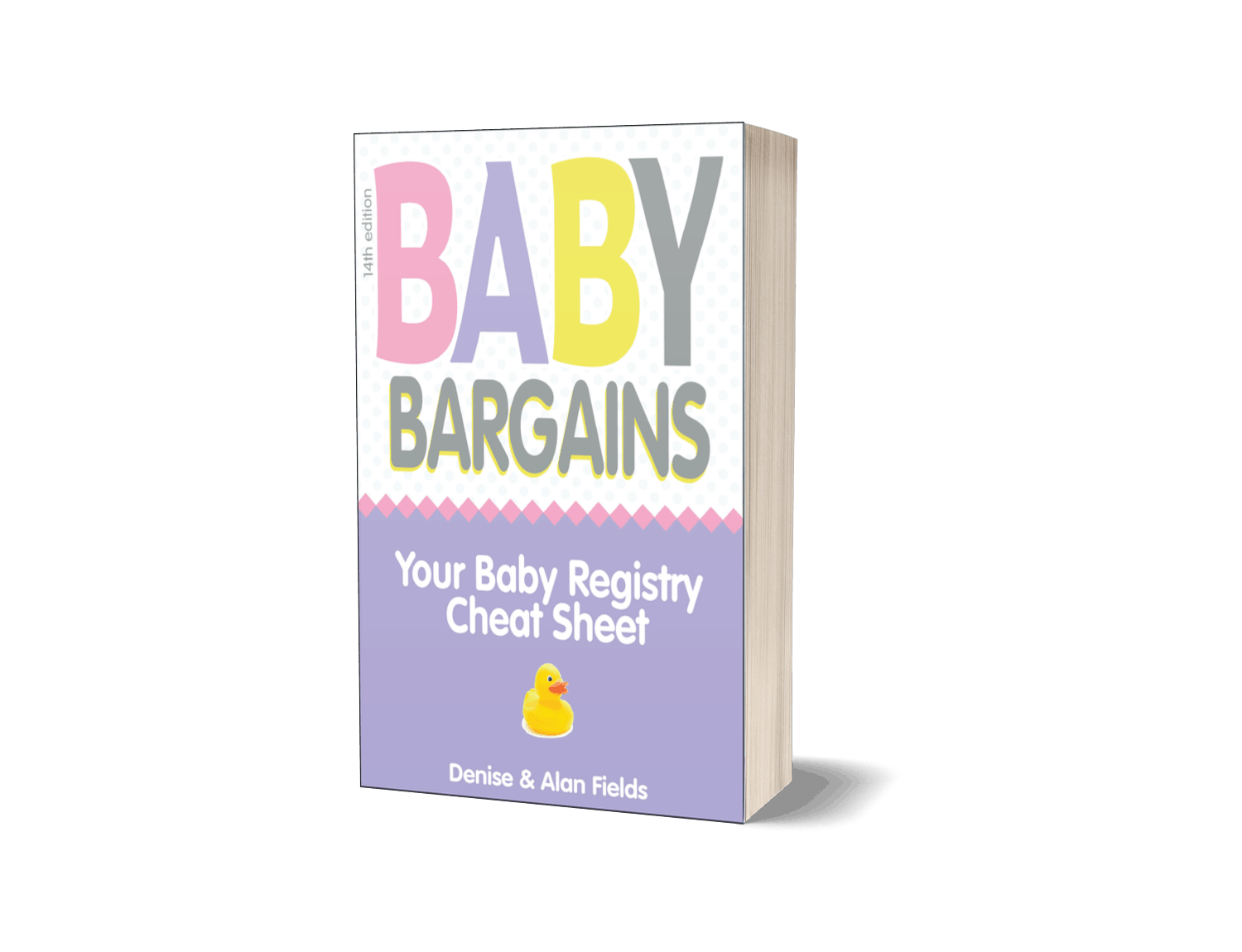
Last Updated: .
Finding the Best Salon-Style Conditioner For Your Hair: Our Tips
Let’s talk the best salon-style conditioner.
After interviewing three salon stylists who have forgotten more about hair than we’ll ever know, we realize it can be confusing when picking the right conditioner for your hair type.
Yes, there are lots of buzz words out there: balancing, volumizing, hydrating, etc. But what matters is first determining your hair type.
There are three main factors that determine hair type: texture, porosity, and density.
Here is the 411 on hair types, based on our interview with salon veterans:
1. Texture. While texture and density sound like the same thing, texture is actually the size of a follicle of your hair—larger diameter hair is more coarse, small diameter is considered fine. So how do you determine the texture of your hair?
Take a strand of hair from your comb or hairbrush and feel it—if it is barely there, you most likely have fine hair. Coarse hair is like holding a strand of thread. (Of course, your hair could be somewhat in between—that is medium texture).
2. Porosity. Have you ever noticed your hair changes when it is more humid outside? Some hair changes more with more humidity (porosity)—basically, this refers to the absorption and retention of moisture.
Some folk’s hair is simply more porous than other folks—and color-treatments can make someone’s hair more porous than it was before.
A good way to test for your hair’s porosity is to float a hair in a glass of water (try hair from different parts of your scalp, as your hair’s porosity can be different from place to place). If your hair sinks in the water, it has high porosity. If it floats, it is low.
3. Density. This is the amount of hair you have—the less you have, the thinner your hair’s density. So how do you tell this in real life? Look at your scalp with a mirror. If you can’t see your scalp, you have thicker hair. The scalp is more visible with thinner hair, especially if your hair is parted.
After trying out more than a dozen hair conditioner brands with our staff (with a variety of hair types), here are the ones that came out top in our tests. (best salon-style conditioner)
Best For Color-Treated Hair
Check on Amazon
Best For Frizzy Hair
Check on Amazon
Best For Curly Hair
Check on Amazon
Best For Fine Hair
Check on Amazon
About the Authors
Denise & Alan Fields are consumer advocates and best-selling authors. The Fields have authored 12 books with three million copies in print, including the best-selling guide to baby gear, Baby Bargains.
The Fields have been featured and quoted in the New York Times, Wall Street Journal and Los Angeles Times.
As consumer products experts, the Fields have been guests on the NBC Today Show, Good Morning America and ABC’s 20/20.
How We Pick Products To Recommend
We often turn to our readers (3 million strong!) to find products to recommend (including the best salon-style conditioner!). We ask our parent readers for their favorites and consider their real-world experiences in our recommendations.
When we test a product, we always purchase it with our own monies. We do not take free samples, as we believe that compromises our independence.
We also fact check manufacturer information with our own measurements. If a maker claims a product weighs X pounds, we will weigh it to make sure. If the battery life is supposed to be six hours, we will see how it stands up in the real world.
In some cases, we will do interviews with experts in the field to get additional feedback on products.
To get hands-on time with products, we regularly meet one-on-one with gear companies and even tour manufacturing facilities. (When we do this, we pay our own travel expenses).
Why Trust Us
We’ve been rating and reviewing products for the home and families since 1994. We do extensive research, evaluating products with an eye toward quality, ease of use and affordability.
We make our living from affiliate commissions, but we always recommend what we think are the best bets for our readers (not the ones that are the most expensive). We are always looking for products that offer the best bang for the buck.
Our independence is a key reason why we have been doing this so long. As we mentioned above, when we purchase a product for hands-on testing, we do so with our own money.
Here’s another key point: we don’t take money from the brands we review. No free samples, no sponsors, no “partnerships.” Our work is 100% reader-supported!

BabyBargains.com is a participant in the Amazon Services LLC Associates Program, an affiliate advertising program designed to provide a means for sites to earn advertising fees by advertising and linking to Amazon.com and its related sites. As an Amazon Associate, I earn from qualifying purchases.





 We obsess over gear for families . . . so you don't have to. Baby Bargains has one mission: help you find the best gear for your family and home with unbiased reviews by experts with 20 years of experience. At prices that don't break the bank. When you purchase a product from links on this site, we make a small affiliate commission. Learn more
We obsess over gear for families . . . so you don't have to. Baby Bargains has one mission: help you find the best gear for your family and home with unbiased reviews by experts with 20 years of experience. At prices that don't break the bank. When you purchase a product from links on this site, we make a small affiliate commission. Learn more 
